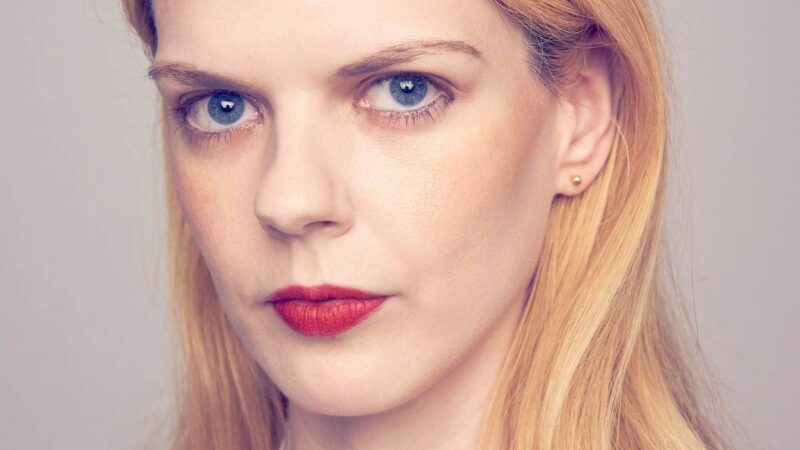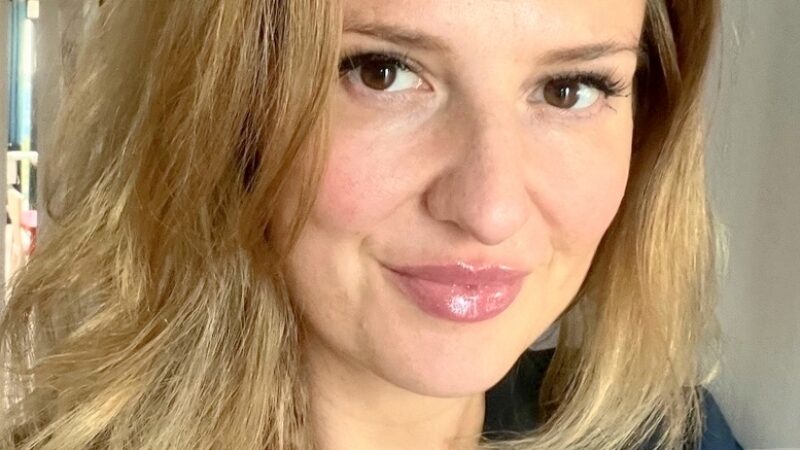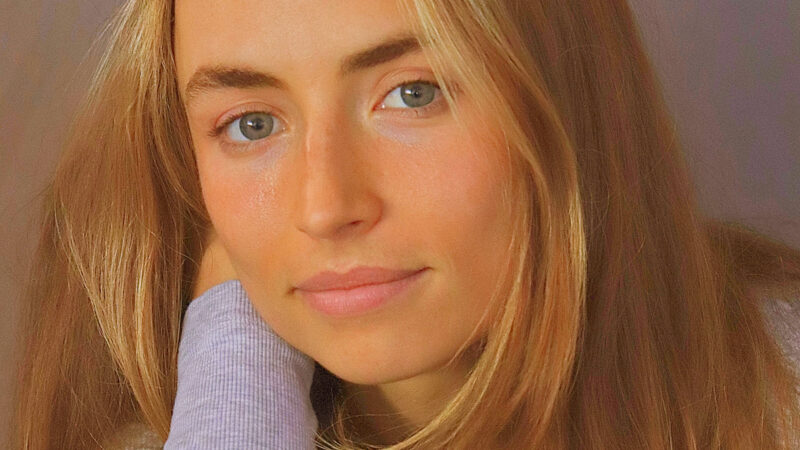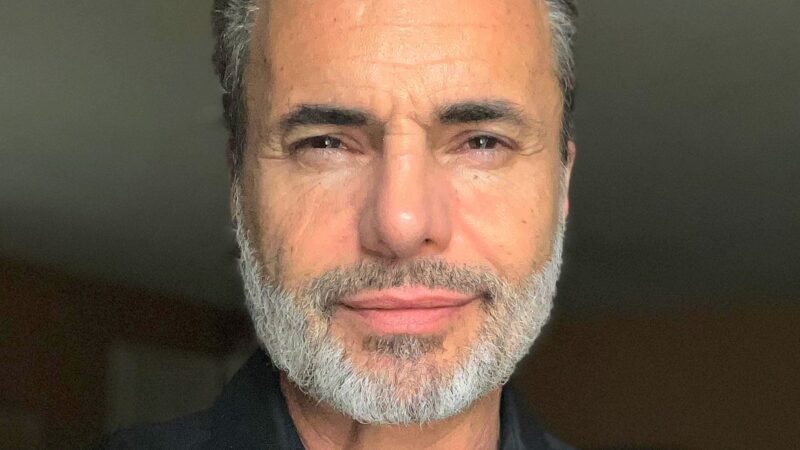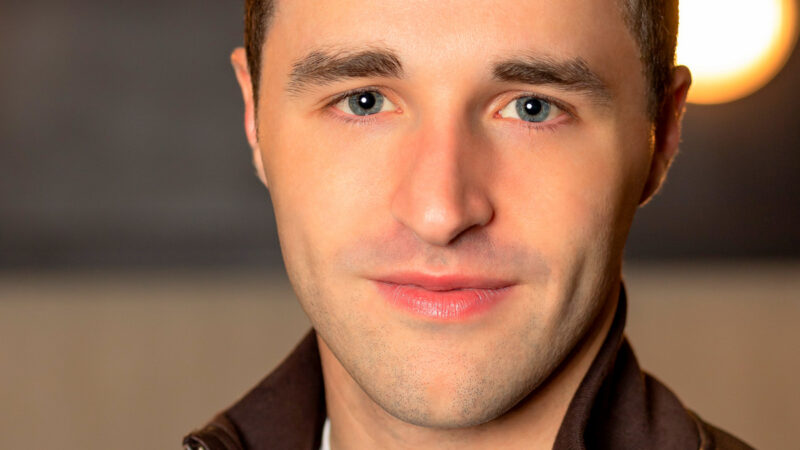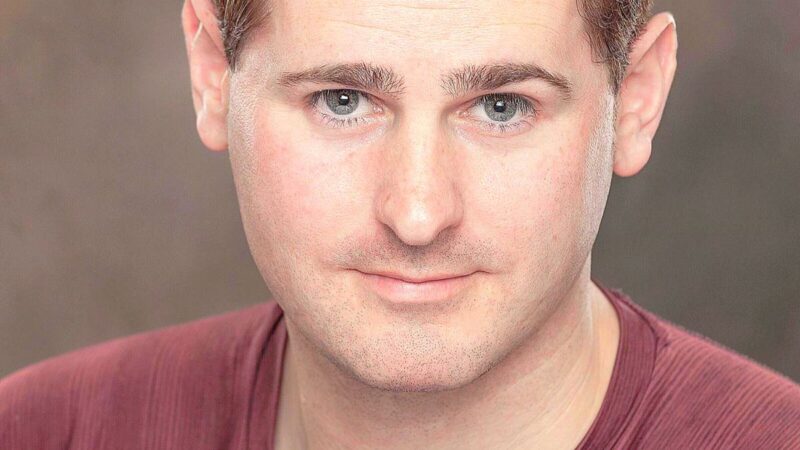
Stephanie Chloé Hepner was born and raised in Buenos Aires, Argentina. She has lived in many cities around the world including Miami, FL, Florence, Italy, and Mission Viejo, she is a television and film actress known for her roles in the films Boy Lolita and Rizo. Stephanie also produces and writes for film and television.
indieactivity: How did you get into directing? How would you describe your style?
Stephanie Chloé Hepner (SCH): Daddy Issues is my screen directing debut! I have Matt Campanella to thank for the trust, above all, with his script. I had directed short plays in New York, mostly as showcases as an exercise to direct other actors.
As a producer on my first feature in 2018, I was working closely with the director and was able to share my views. When I realized my suggestions were good and working, I considered directing, but didn’t take the plunge until 2022. And it’s become a one-way trip. I absolutely love the discipline.
The Official Trailer for Daddy Issues co-directed by Matt Campanella, and Stephanie Chloé Hepner
My style is still developing and evolving. What I know will remain is the fun, collaborative and risk-taking spirit in all my projects. Understanding that every element has meaning, every detail can and will be interpreted, I want to keep asking “what if…” to the obvious choice.
I’m incredibly inspired by those around me who continue to challenge me and help me think beyond what’s already been done. For example, the score for Daddy Issues went through multiple iterations, versions and sound feelings until we felt like we nailed it.
Do you hire a casting director, or do you cast yourself? If so, what criteria go into your casting?
Stephanie Chloé Hepner (SCH): So far, I’ve been able to work with friends and acquaintances, including agencies and management companies that I’ve reached out to directly for specific casting needs. Recently I was able to re-introduce myself as a filmmaker to casting directors that know me as an actress, and it’s been so well received.
They’re proud of me, of being able to follow my artistic journey, and excited to come along for the ride. In terms of criteria, something I look for is being able to build trust with an actor, as well as them having that ability to change the air in a room, while not being led by ego.
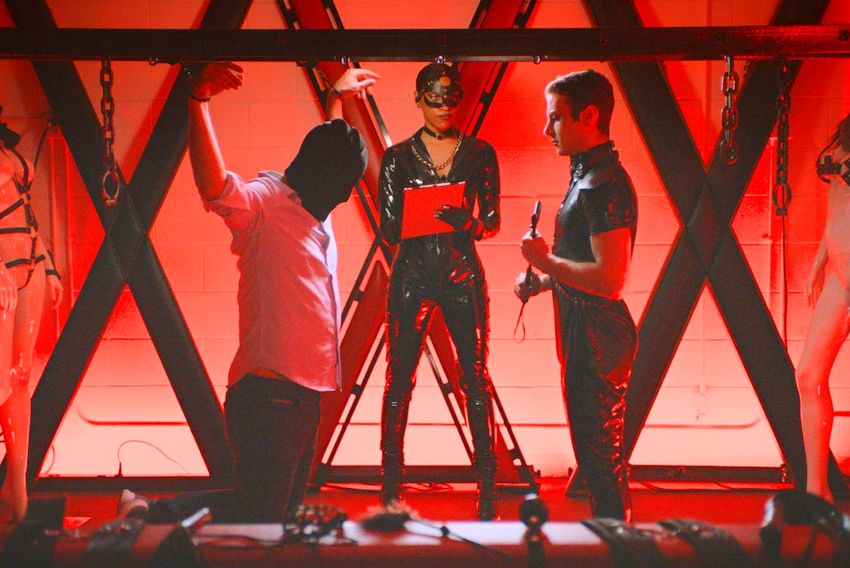
Can you tell us how you cast David Kelsey in the role of the “Daddy”?
Stephanie Chloé Hepner (SCH): Casting David’s role was hard!!! Matt and I must have seen a dozen tapes, and none of them were THE GUY. A friend of ours heard about the casting issue we were having as our shooting date was getting closer, and recommended a family friend of his! David Kelsey got the script, pulled over on a long drive to read it, called us immediately to do a Zoom from the car, and the rest is history!
Who is Daddy Issues for? Who do you think would enjoy it the most?
Stephanie Chloé Hepner (SCH): I think Daddy Issues is for anyone that feels or has ever felt the need to belong. The story, beyond the topical elements, is universal. I think those who are open-minded and are interested in human relations would enjoy it, as well as those that think they have a sense of humor 😉
How long did it take to shoot the entire film?
Stephanie Chloé Hepner (SCH): We shot the film in one looooong day with a crew I’m forever grateful for. They adapted, fought and played as if it was their baby.
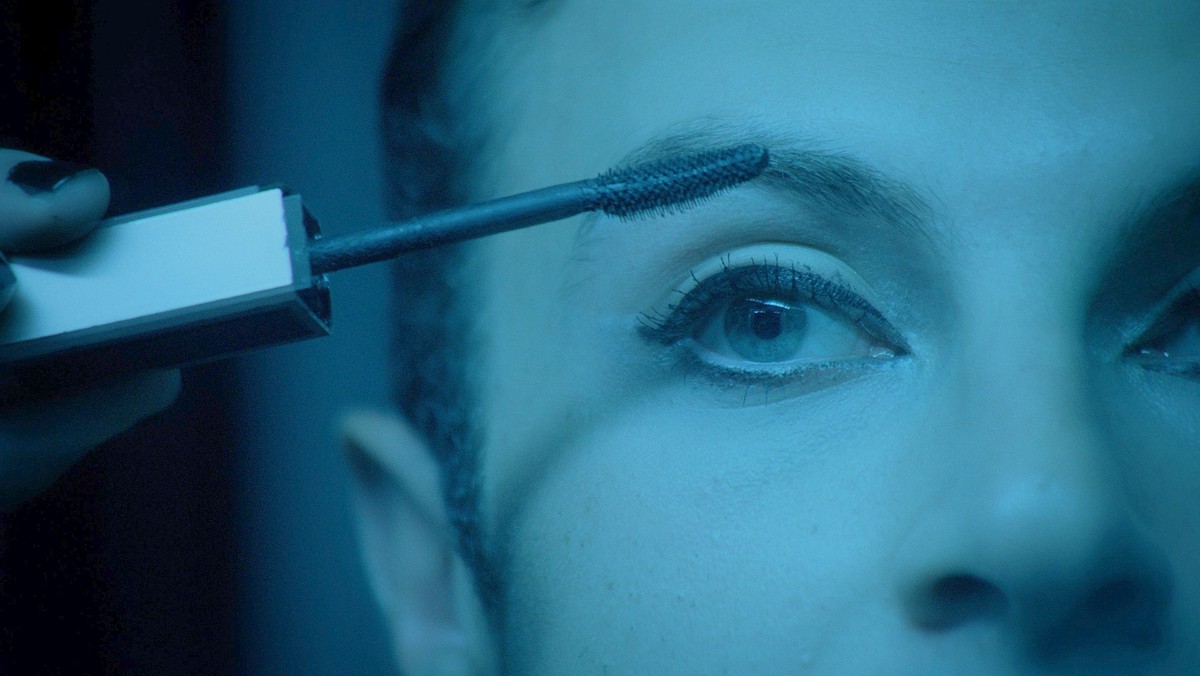
How long was the post-production process?
Stephanie Chloé Hepner (SCH): Between cutting, coloring, scoring, sound mixing, it took about two and a half months.
The film had a lot of talent working behind the scenes as DPs, sound designers, composers, etc. Why is diversity important both in front of and behind the camera?
Stephanie Chloé Hepner (SCH): Can you imagine eating plain pasta forever? That’s entertainment without diversity. Bland. Bare. Booooring! We need salt, pepper, spice, sugar, smoke, citrus… and even pumpkin pie spice.
I believe the universe to be one of inclusion. To collaborate. Diverse representation in film and TV means that our movies and tv shows look, sound, and feel like the world we live in. It’s important that people from all walks of life see themselves on screen so that we become more inclusive in our society. Art imitates life, right?
We are fortunate enough to live in a world where art is more accessible to more people than, say, the Renaissance. Where it was a luxury reserved for the few. Sure, there are still some remnants of that. But now audiences are massive, come in all shapes and sizes, and most importantly, they’re smart. They have demands and standards. One of these is diversity and representation.
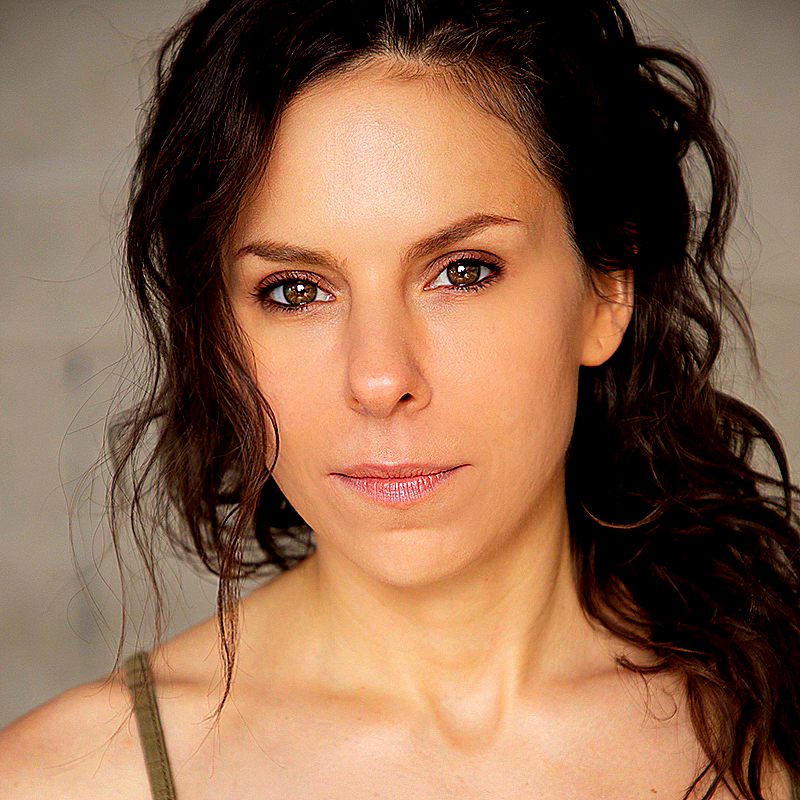
Lastly, I cannot explain how emotional I felt the first time I saw Disney make a movie about a Jewish Latina protagonist. Yes, it’s cliché. But it’s cliché because we as a society MAKE IT. So if we’re going to have the conversation about authenticity in diversity, let’s go beyond the talk and start to walk the walk. In front of and behind the camera.
What are your goals with Daddy Issues?
Stephanie Chloé Hepner (SCH): I always aim to touch complex subjects with comedy. One of my mottos is to laugh at the absurdity of our existence, no matter how dark it gets. I would love for Daddy Issues to inspire laughter as well as deep thought about familial relationships where we may hold too much judgement when it comes to our most dear ones. I also hope, as a first-time director, that it inspires others to go for it!
What’s next for you? What are you working on right now?
Stephanie Chloé Hepner (SCH): I’m fine-tuning two television pilots in the vault, a female driven comedy and a CIA-focused action comedy, as well as a dark comedy period feature film about mental health. I’m also producing a film about the giant issue that is suicide rates in Veterans, and finishing post-production on a farce that I wrote/directed/produced last year in Italy, It’s a Tuesday.
It is really exciting to collaborate with Matt again on the feature film version of Daddy Issues! I’m also partnering with Orsai, a media production company driven by a crowdfunding platform that’s breaking all molds in Buenos Aires.

What would you recommend to a new director at the beginning of his/ her journey? Any special courses, workshops, helpful books they can read?
Stephanie Chloé Hepner (SCH): I would recommend taking mental and written notes of when they watch something they like, and why, to develop an eye. What visual sequences make you react viscerally? Which kind of cutting builds tension? What makes you laugh? Learn from the greats and experiment.
We all have a camera in our pockets now. Film your friends and play with shots, lighting and sound just for the fun of it! I also recommend attending film festivals and volunteering to be on set as much as possible. See how the sauce is made from up close.
Who is your favorite director? Why?
Stephanie Chloé Hepner (SCH): Ah! So many. Right now I’m highly inspired by Daniel Kwan and Daniel Scheinert, who made Everything Everywhere All at Once. I so respect the risks they took in every aspect of making that film, from writing to casting to directing, to editing. They not only seem like a fun crew to hang out and create with, but I know they have a “Yes, and” spirit because they are a duo.
They know brilliance comes from collaboration, and I think Matt Campanella and I are on that path and I feel incredibly lucky. He’s worked with multiple people, and I know everyone always wants to work with him again and again.
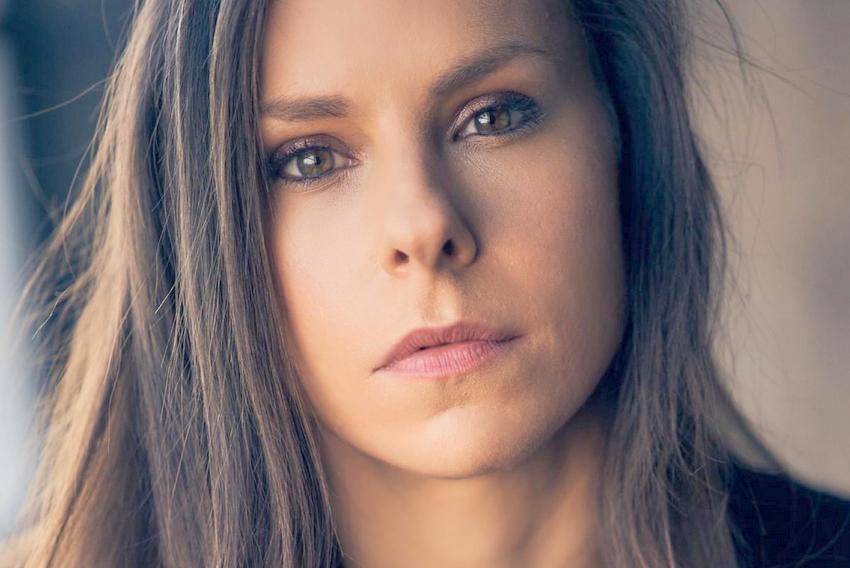
Alejandro Gonzales Iñarritu has been and continues to be a huge inspiration. The way he illustrated the American entertainment career experience in Birdman as an immigrant blew my mind. His perspective as an outsider, while understanding everything from the inside continues to amaze me. And I know he came from the commercial world and after a few short films dove head-first into Amores Perros, his first feature, as soon as he had the opportunity and minimal funds he needed to make it.
The bravery of making your first feature something as wild, controversial and risqué as that film is a testament to his ethos. I recently heard him say something along the lines of any person who ever got a film finished had his respect, because this artform is so hard, and getting a movie done is truly a miracle. The humility that he still comes to the table with after all his success is also something I strive for.
What advice would you give directors around the world?
Stephanie Chloé Hepner (SCH): My late grandmother used to always say: “El no ya lo tenés” (you already have the ‘no’). And I live by this. Whenever I’m faced with a choice or a risk, I already know what happens if I don’t try, what happens if I don’t go for it, what happens if I don’t do it. The status quo remains the same. So why not just go for it? What’s the worst that could happen?
It can’t be worse than NOT trying.
Tell us what you think of the interview with Stephanie Chloe Hepner. What do you think of it? What ideas did you get? Do you have any suggestions? Or did it help you? Let’s have your comments below and/or on Facebook, Instagram, or Twitter.
Socials
Website
IMDb
Instagram
FILMMAKER INTERVIEWS

